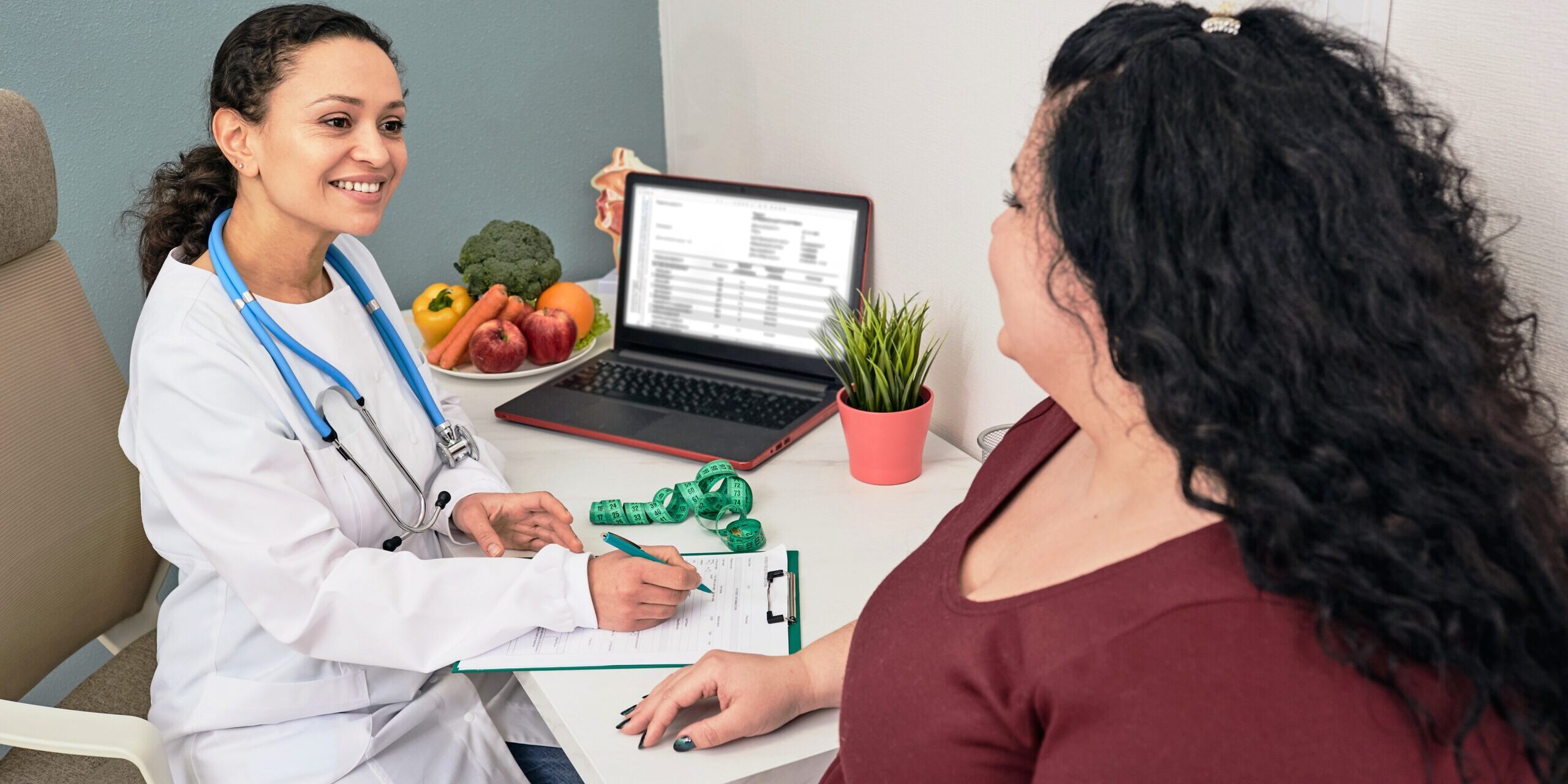Seek nutrition advice from nutrition experts
By Danielle Johnson MS, RDN, CDN, CPT
If you are struggling with weight or health, you may have received “nutrition education” from your doctor or nurse. As a dietitian, I know firsthand how often my patients receive incorrect nutrition advice from doctors and nurses. Doctors and nurses are a critical part of our healthcare system; however, they lack training and education in nutrition. Did you know that doctors only receive about 11 hours of nutrition education over the course of their entire training? Nurses receive more than doctors, although still a low amount of education in nutrition, 14-50 hours depending on the program. Do you know how much education and training a dietitian receives in nutrition?
To become a dietitian, one must complete:
- A Bachelor of Science in nutrition and dietetics (180 hours)
- As of 2024, it is now required to complete a master’s in nutrition (108+ hours)
- Complete 1,000+ hours in supervised training (variety of settings; hospital, school, community, etc.)
- Pass a national licensure examination
- Complete 75 hours of continuing education every five years to maintain credentials
- Some dietitians go on to earn doctorate degrees, although it is not required (144+ hours)
On top of the misinformation in society, it can be confusing and distressing for people to receive further misinformation from health professionals that are not considered nutrition experts. A few examples that come to my mind; bananas are bad, potatoes are bad, carbs are bad, biotin makes your hair grow. These are not inherently true and can be damaging to a person’s health physically and mentally. Did you know that bananas and potatoes are excellent sources of potassium, a vital micronutrient that most Americans are not getting enough of? Did you know that carbohydrates are the preferred fuel source for the brain and body, and are the only way to take in fiber, another nutrient that most Americans are lacking? Did you know that our digestive system produces biotin, it’s extremely rare to have a biotin deficiency and there is a lack of research to support biotin and hair growth? These are just a few examples, among many.
To drive home the point – you wouldn’t see a dietitian for a broken hand, just like you shouldn’t see a doctor or nurse for nutrition guidance. They may play a role in the management of health and weight, but it is crucial to also include a dietitian as part of your team to receive the most up to date and accurate nutrition guidance. To find a dietitian you can check out any of these websites, or call your insurance provider to find a dietitian in your network:
www.eatright.org and then click on “Find a Nutrition Expert”
Danielle Johnson MS, RDN, CDN, CPT is a registered dietitian who works in the Department of Bariatrics Center of Excellence at Mather Hospital, where she specializes in surgical weight loss and medical weight management. She has a Master of Science in Integrative Nutrition and is earning her doctorate in Exercise Science and Sports Nutrition.

